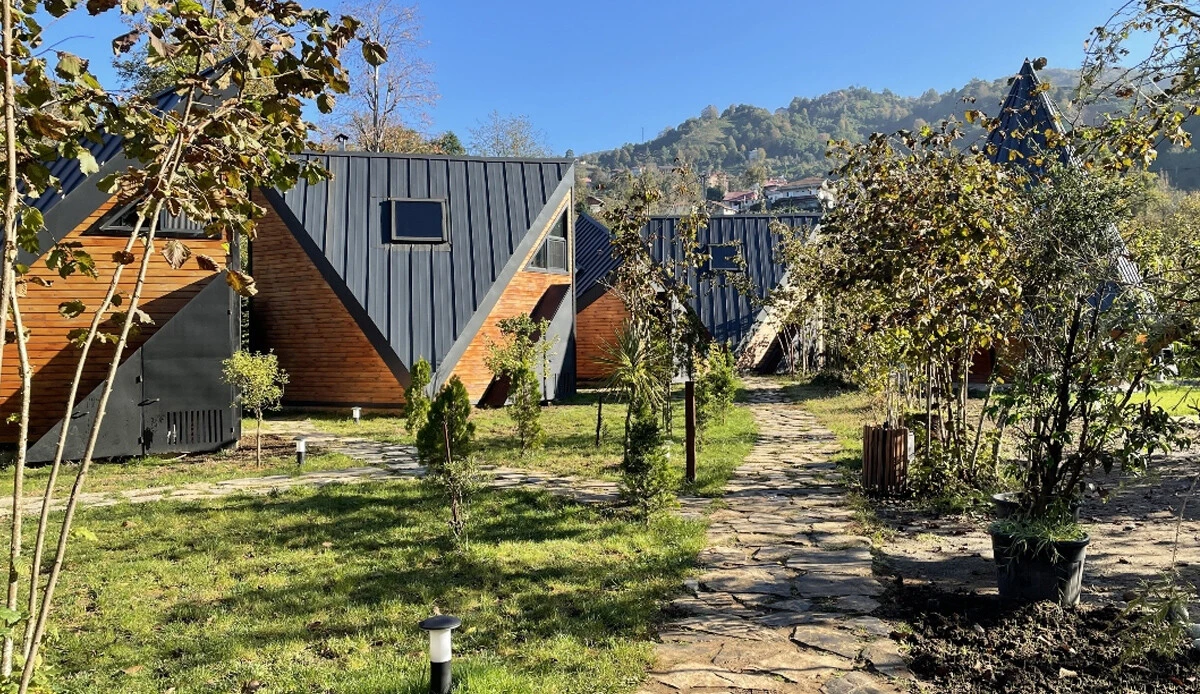Ancient scents that shaped power: From Cleopatra to Ottoman Sultans
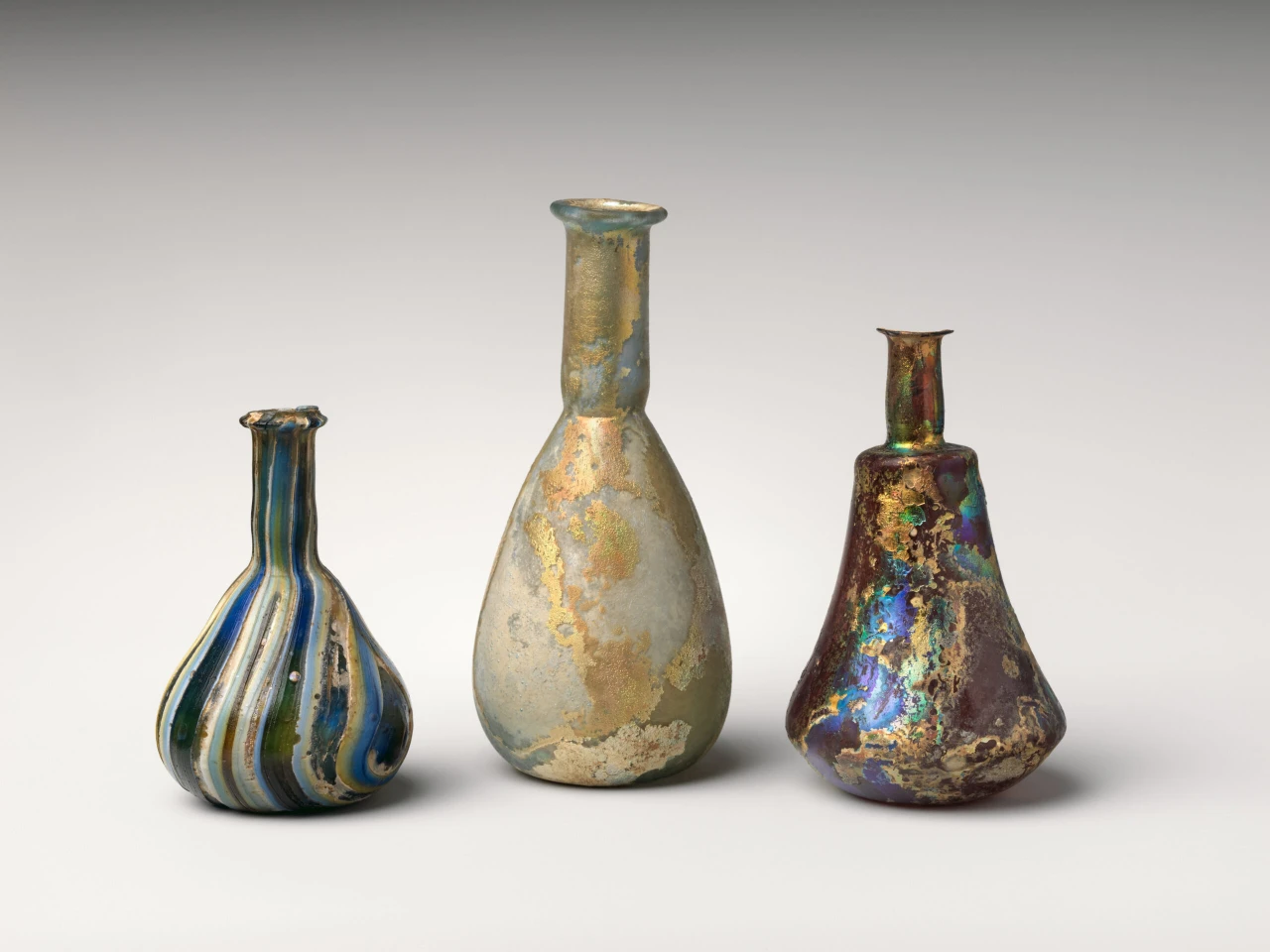 A blown Roman glass perfume bottle from the Early Imperial period, dating to the 1st century CE, exhibited at the Metropolitan Museum of Art, New York, United States. (Photo via The MET)
A blown Roman glass perfume bottle from the Early Imperial period, dating to the 1st century CE, exhibited at the Metropolitan Museum of Art, New York, United States. (Photo via The MET)
A lesson in history does not always come from books. In Türkiye, a perfume expert is using scent to bring the past to life.
Bihter Turkan Ergul, an expert in historical fragrances, teaches students at Bahcesehir University about the role of scent in ancient civilizations. Through her research and recreations, she explains how fragrances shaped power, religion, and daily life.
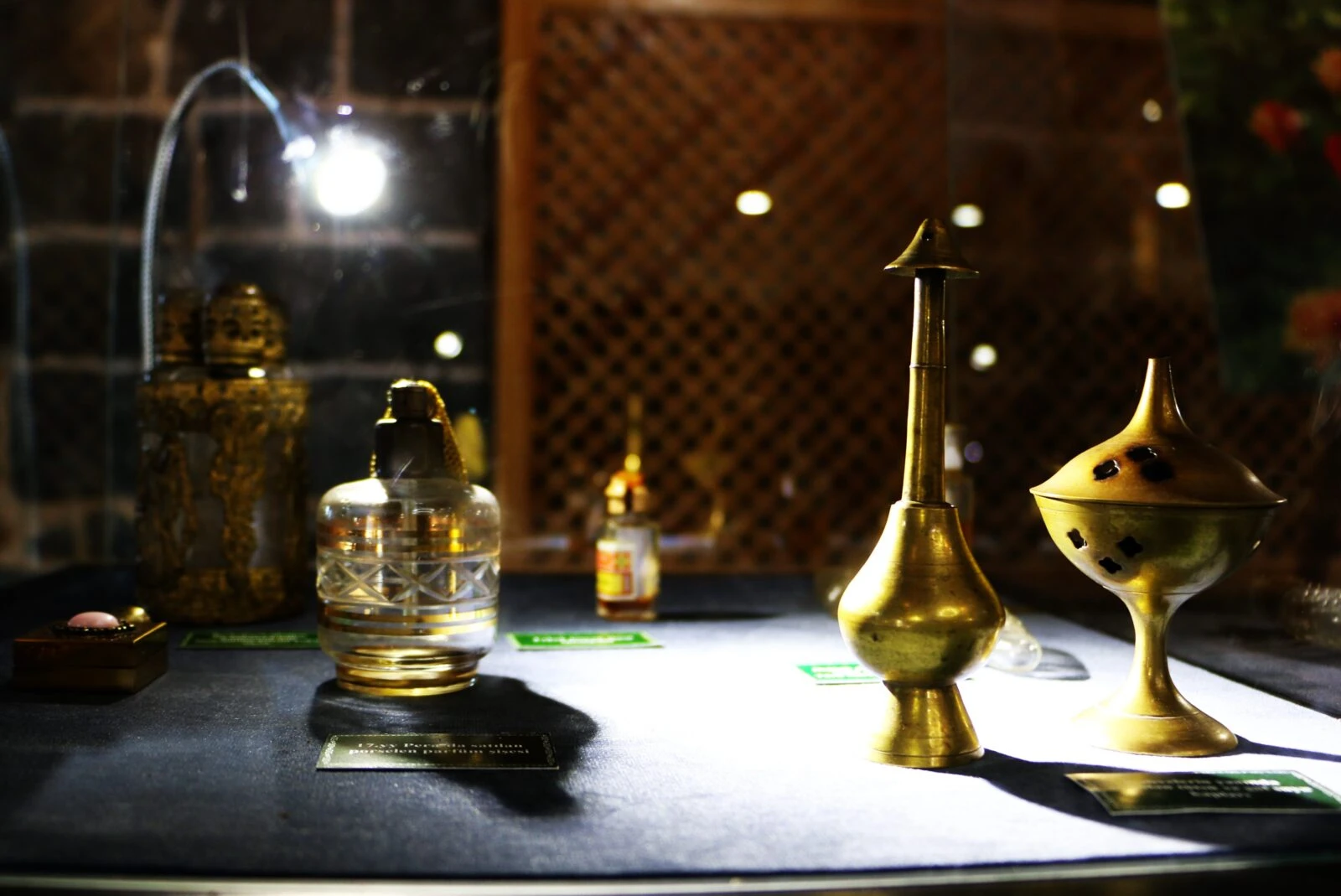
How ancient rulers used fragrance to reinforce power, influence
Scent symbolized divinity and influence in many civilizations.
For ancient people, pleasant fragrances were primarily symbols of divinity. The primary use of scent in major civilizations like Sumer, Egypt, Greece, Arabia, and Rome was for religious ceremonies and various medical treatments.
In Ancient Greece, warriors applied camphor and aromatic essences to their bodies to keep the god of death away and attract good fortune in battle.
Bihter Turkan Ergul
Egyptian queen Cleopatra infused her papyrus messages with cardamom essence to emphasize trustworthiness.
Nefertiti, another powerful Egyptian figure, took jasmine-infused baths and applied amber before appearing in public.
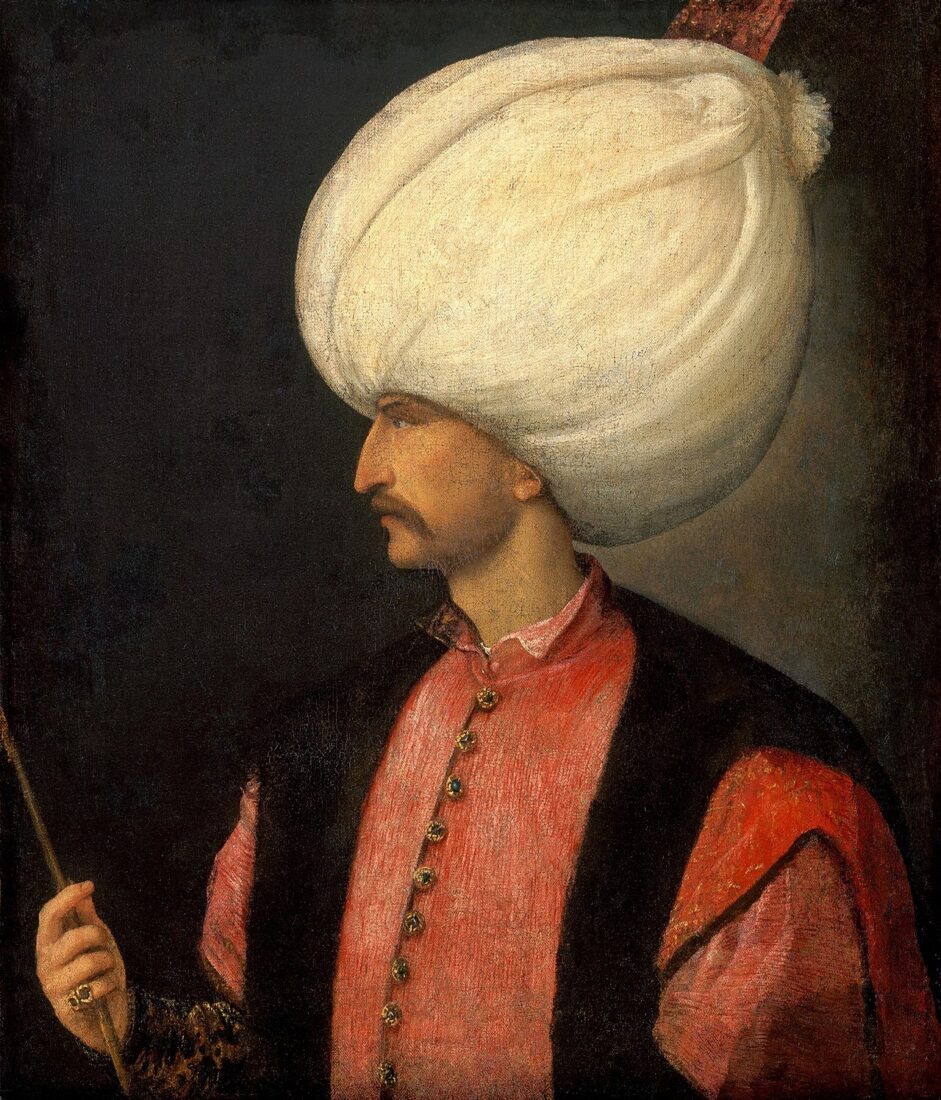
Fragrances also played a role in the Ottoman Empire, where scents symbolized power and personal preference. Sultan Suleyman ordered mosque fountains to be infused with lemongrass essence for worshippers.
Sultan Mehmet II, known for his admiration of roses, had rose petals and oil mixed into the mortar of the Rumeli Fortress during its construction.
Yavuz Sultan Selim applied amber before council meetings to represent strength, while Kosem Sultan used cinnamon oil for its invigorating properties. Even in confinement, Sultan Abdulhamid II used neroli essence, known for its calming effects.
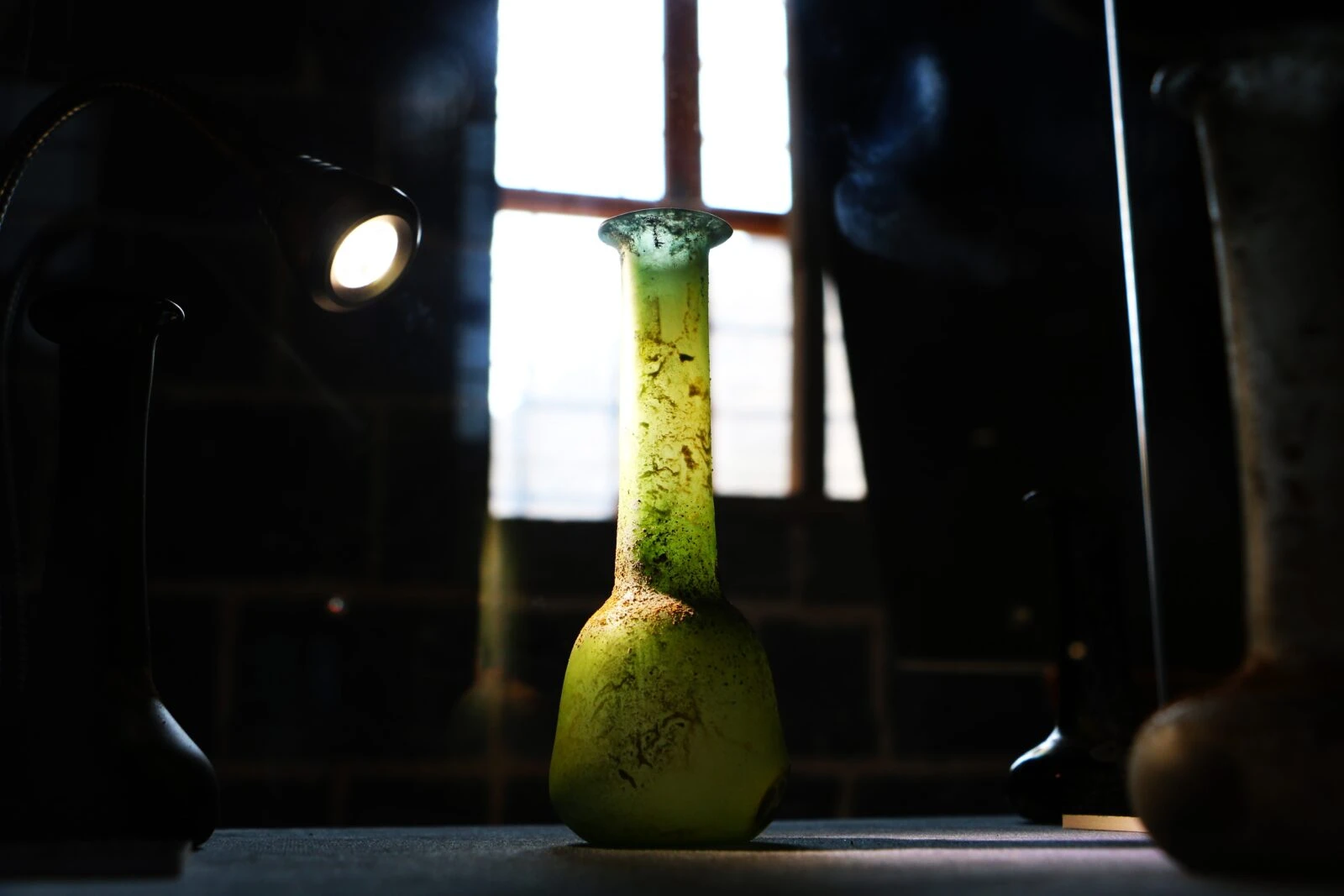
Scented rituals were central to purification, power in Mesopotamia and Rome
In Mesopotamia, incense played a major role in purification rituals. Kings underwent ceremonies where priests burned herbal mixtures, allowing the rising smoke to cleanse them. When rulers fell ill, the Namburbi ritual involved burning cedar, tree resins, and herbs to dispel bad omens.
Ancient Romans also used scent strategically. Soldiers clashed their swords to release the metallic scent of cold iron before battle, intimidating their enemies. Emperor Nero, infamous for his excesses, obsessed over fragrance. Historical records confirm that he preferred rose, saffron, quince blossom, Indian hyacinth, and myrrh.
His servants massaged his body with custom-made perfumes, and even palace animals received scented oils. Nero’s signature perfume, ‘rhodium,’ blended carefully selected roses, making it one of the most desired scents of his era.
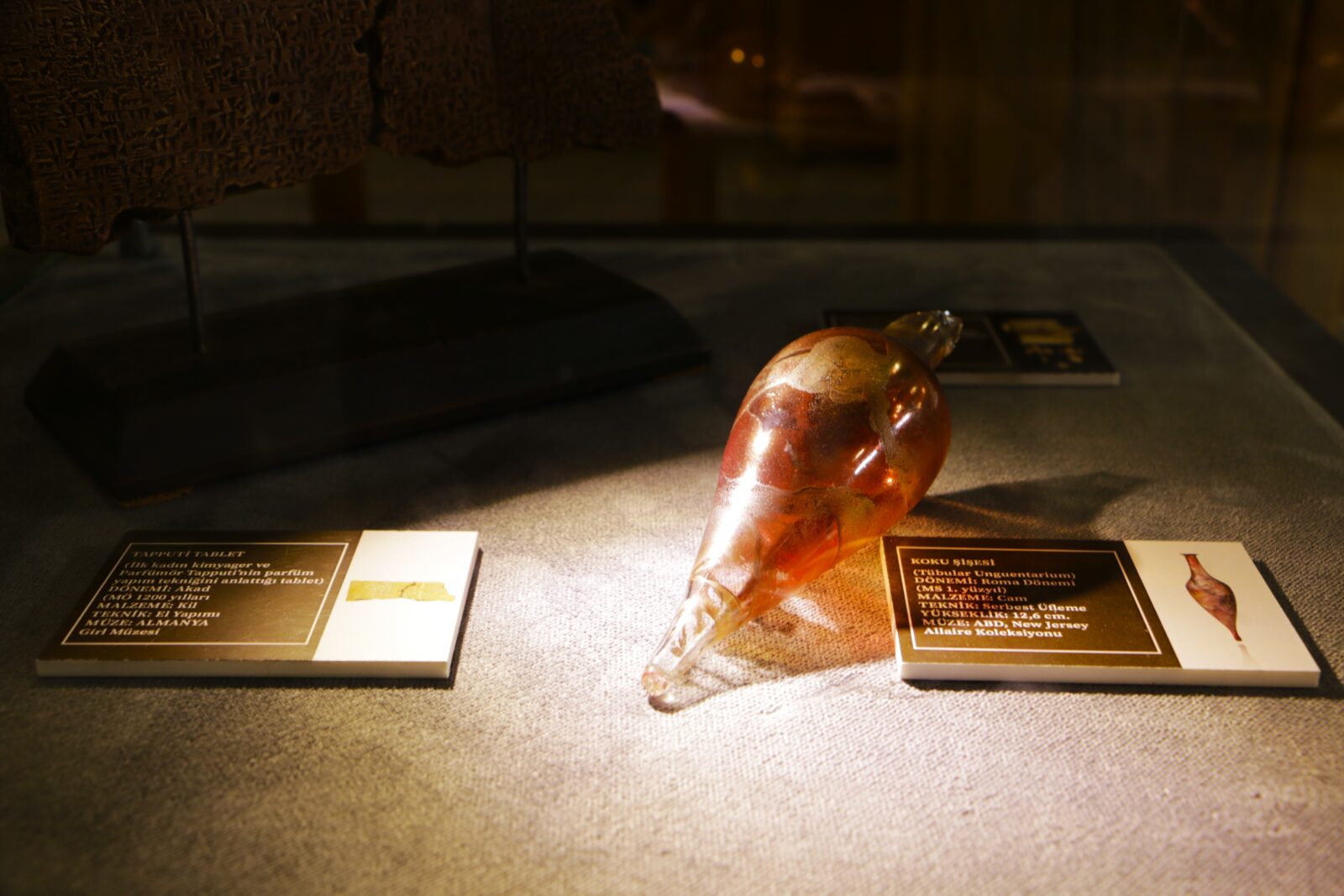
Fragrances shaped social, religious, political traditions
Throughout history, fragrances have been seen as priceless. In ancient Egypt, they were among the most valuable gifts. Egyptians applied scents to statues of gods at specific times of the day.
Due to high demand, some perfumes and spices were worth more than silver and gold. Scent was more than just a luxury—it marked status, belief, and identity.
Bihter Turkan Ergul continues to research and revive historical scents, allowing modern audiences to experience the aromas that shaped civilizations. She reveals how fragrance influenced politics, religion, and culture, proving that scent carried meaning far beyond personal preference.

